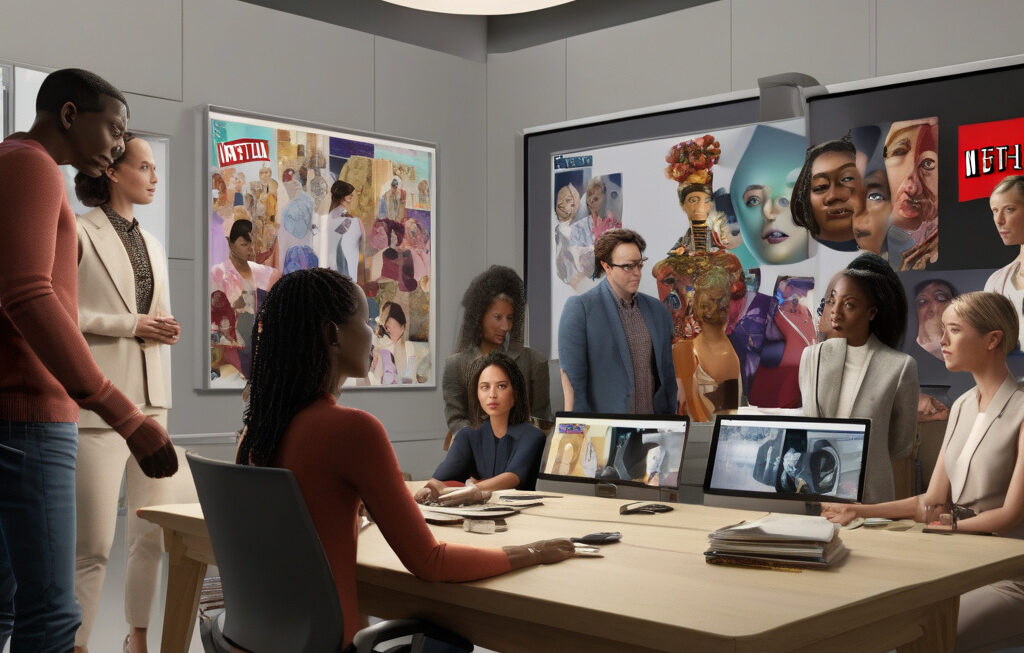Tailored AI Agents: Enhancing Work Output While Considering Social Implications
In a world where technology continues to revolutionize the way we work, personalized AI agents tailored to individual personalities are proving to be a game-changer. A recent study conducted by MIT has shed light on how these tailored AI agents can significantly enhance work output and productivity. However, as we delve deeper into the realm of personalized AI, it becomes increasingly important to consider the potential social costs associated with this level of customization.
The MIT study revealed that when AI agents are tailored to the specific personality traits of individual workers, the results are nothing short of impressive. By analyzing various factors such as communication styles, work preferences, and decision-making processes, these personalized AI agents can provide more relevant and targeted support to employees. This, in turn, leads to improved efficiency, higher quality work output, and ultimately, increased job satisfaction.
One of the key findings of the study was that employees who interacted with personalized AI agents reported feeling more engaged and motivated in their work. By having an AI assistant that understands their unique needs and preferences, workers were able to tackle tasks more effectively and make better decisions. This level of personalization not only benefits the individual employees but also has a ripple effect on the overall performance of the team and the organization as a whole.
While the advantages of tailored AI agents in the workplace are clear, it is essential to also consider the potential social implications of this technology. As AI continues to play a larger role in our professional lives, questions arise about the impact on human relationships and interactions. Some critics argue that relying too heavily on personalized AI agents could lead to a decrease in face-to-face communication, collaboration, and the development of essential social skills.
Moreover, there are concerns about the potential for AI to reinforce existing biases or create new forms of discrimination. When AI agents are personalized based on individual traits, there is a risk that certain groups may be favored over others, leading to inequality and exclusion in the workplace. As we embrace the benefits of tailored AI agents, it is crucial to address these social challenges proactively and implement safeguards to prevent any negative consequences.
To strike a balance between leveraging the productivity gains of personalized AI agents and mitigating the social costs, organizations must approach the implementation of this technology thoughtfully. Providing training and education on how to effectively use AI assistants, promoting open communication channels, and fostering a culture of inclusivity are essential steps in harnessing the power of tailored AI while safeguarding against potential drawbacks.
In conclusion, the MIT study underscores the significant impact that personalized AI agents can have on work output and productivity. By tailoring AI to individual personalities, organizations can unlock new levels of efficiency and performance. However, it is vital to remain mindful of the social implications of this technology and take proactive measures to ensure that personalized AI agents enhance, rather than detract from, the human experience in the workplace.
personalized AI, tailored agents, work productivity, social impact, MIT study












